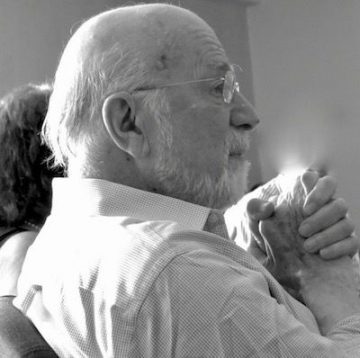 Marshall Cohen in The LA Review of Books:
Marshall Cohen in The LA Review of Books:
THE BOUNTIFULLY GIFTED Stanley Cavell was unique among American philosophers of his generation in the range of his philosophical, cultural, and artistic interests. He resisted the split between Anglophone and Continental traditions that has characterized post-Kantian philosophy, writing with distinction about epistemology and aesthetics, Emerson and Thoreau, Shakespearean tragedy and Hollywood comedy, as well as about modernism in film and music. Modernist works, he believed, divide audiences into insiders and outsiders, create unpleasant cults, and demand for their reception the shock of conversion. Such works are not easily received, as Cavell, who regarded himself as a modernist writer, painfully discovered. Many features of his writing have been found troublesome and even offensive by a significant number of readers. I believe these features are not an expression of modernist impulses but rather manifestations of personal idiosyncrasies that Cavell’s autobiographical reflections, in his 2010 book, Little Did I Know: Excerpts from Memory, can help us to understand, if not accept.
Little Did I Know obeys a double time scheme. It comprises a series of entries presented in their order of composition from July 2, 2003, to September 1, 2004. The depicted events reporting Cavell’s Emersonian journey occur in loose chronological order, interrupted by philosophical meditations, portraits of friends, and editorial comments about the original drafted entries. The formal arrangement honors the fundamental importance granted to the time and context of utterance in the work of J. L. Austin and the late Wittgenstein. The depictions allow Cavell to exploit techniques reminiscent of psychoanalysis (free association) and film (flashbacks and flash forwards, jump cuts, close-ups, and montage). And modernism’s experimental departures from traditional narrative facilitate his representation of philosophy as an abstraction of biography.
More here.
